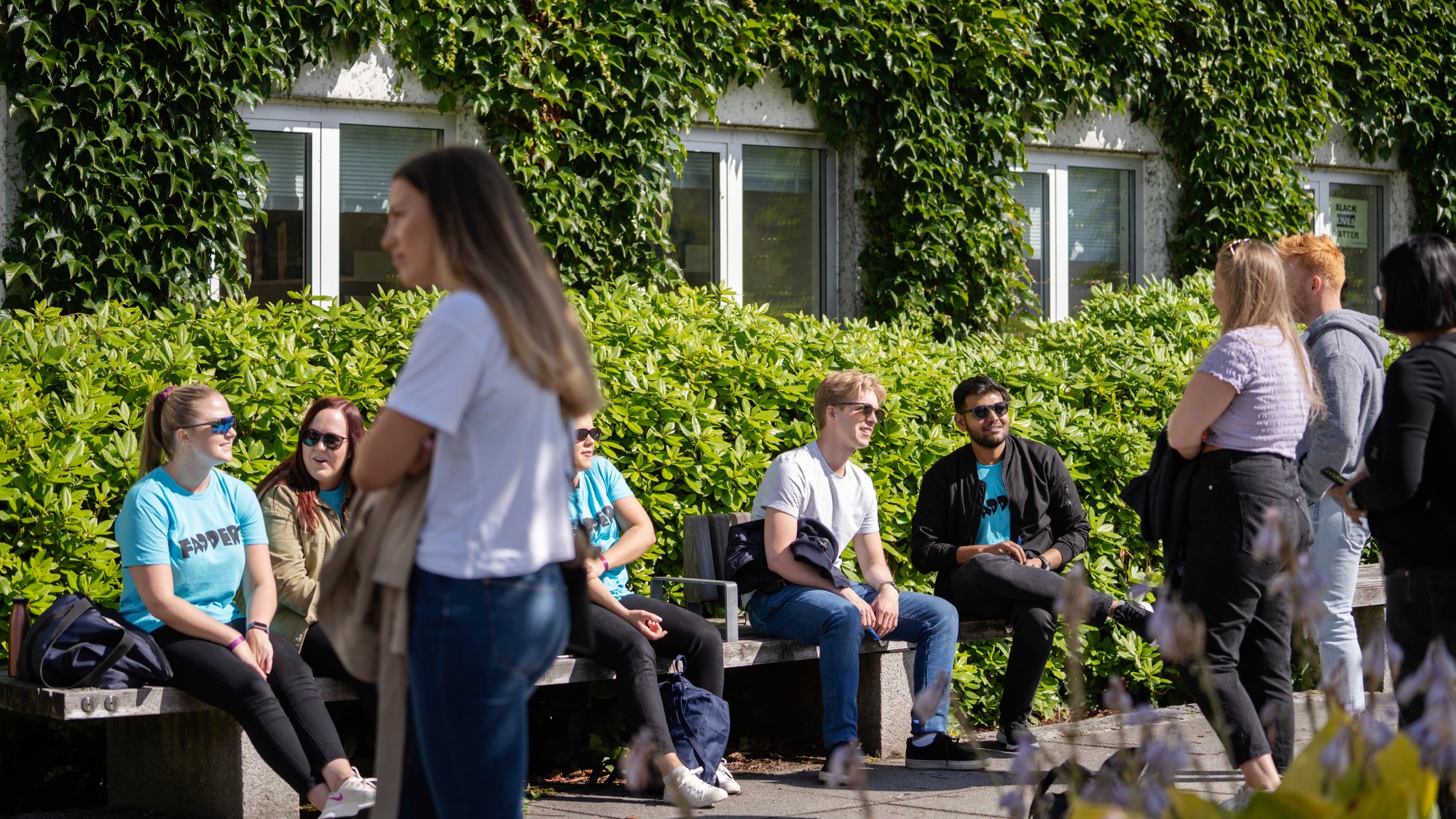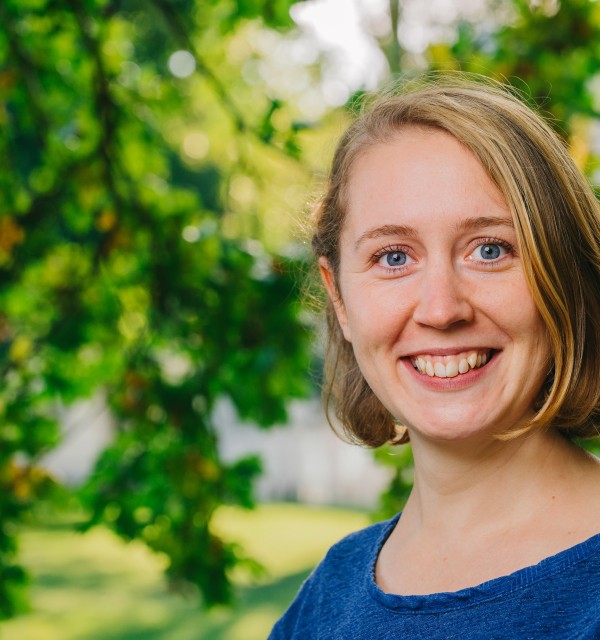Do you want to start up a project related to sustainability and green development? Then apply for funding from the University of Stavanger!

The micro-grant programme is part of the University of Stavanger's strategic investment in green transformation.
It is the interdisciplinary working group for green transition – GOL – that has launched the mini-grant programme, which is one of several measures to create more sustainable practices at the university and in society.
This is a low-threshold opportunity for those who have a good idea related to green transition and sustainability.
Who can apply?
It is primarily students and employees at UiS who can apply, but other residents of the region are also welcome. Individuals, groups, or civil society organisations can also apply, but not companies or public authorities.
What can you apply for?
New initiatives with a clear relationship to sustainability and green transition.
How can you apply?
You can apply by sending a written inquiry or making a verbal inquiry to the contact persons in the working group for green transition. There is no official form that needs to be filled out, and there are no special requirements for the applicants. Applicants are still encouraged to send a written description of the initiative.
After an initial dialogue with the contact persons, the applicant is invited to a meeting with the group for the green transition, where the idea is presented and discussed.
In collaboration with a member of the green transition group, a short description will be made and become the basis of the agreement for the grant.
How much can be applied for?
Initially, the grant will be under NOK 30,000, but there will be some flexibility depending on needs, circumstances, and available funds.
When can you apply?
Anytime. There is no application deadline, but the available funds limit how many initiatives can be supported during a year.
Contact persons for the mini-grant programme:
Faculty Administration TN
Kontor for utdanningsadministrative tjenester
Department of Media and Social Sciences
